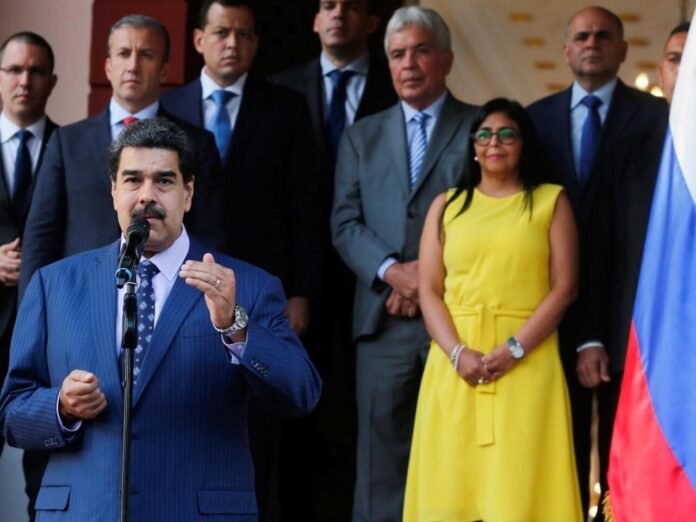Venezuelan opposition members are speaking out after enduring over 400 days of forced confinement under Nicolás Maduro’s repressive regime. Pedro Urruchurtu, one of the freed dissidents, addressed the United Nations Human Rights Council on Friday.
In his testimony, Urruchurtu detailed months of suffering inside the Argentine Embassy in Caracas. Regime forces surrounded the building and severely restricted utilities. He described going five months without electricity and getting only three minutes of water every ten days.
Armed guards pointed rifles at their windows. Dogs trained to attack waited outside. All this happened, he explained, because they supported opposition leaders María Corina Machado and Edmundo González. Both candidates won recent elections, despite government intimidation.
Urruchurtu said the regime saw his political work as criminal. He declared he survived despite the state, not because of it. “If it were up to them, I would be dead,” he told the council.
The release of Venezuelan opposition members in May came after a coordinated U.S. rescue operation. Secretary of State Marco Rubio called the extraction “precise” and praised the group’s bravery. He later met with them in Washington, D.C., to offer his support.
U.N. High Commissioner for Human Rights Volker Türk reported that conditions in Venezuela have only worsened since 2024. His office has documented arbitrary arrests, torture, and enforced disappearances. Many victims remain missing, including foreign nationals denied consular help.
Hillel Neuer, Executive Director of UN Watch, said the world must stop ignoring Venezuela’s collapse. He described the Maduro government as a “criminal narco-terrorist dictatorship.” Neuer said the pain of Venezuelan opposition members echoes the suffering of thousands.
“Pedro’s voice represents the silent cries of an entire nation,” Neuer said. He thanked both the Trump administration and Rubio for their role in the rescue. Photos from the embassy show Urruchurtu and fellow dissidents seeking asylum in cramped conditions. Many lived in fear every day, not knowing if they would be captured or killed.
Rubio’s office emphasized the importance of international diplomacy. State Department spokesperson Tammy Bruce stated that firm action can still advance freedom around the world.
The Venezuelan crisis remains urgent. International bodies continue to call for action and accountability. But the courage of those who survived captivity now shines a light on the country’s grim reality.
For more political updates visit DC Brief.


